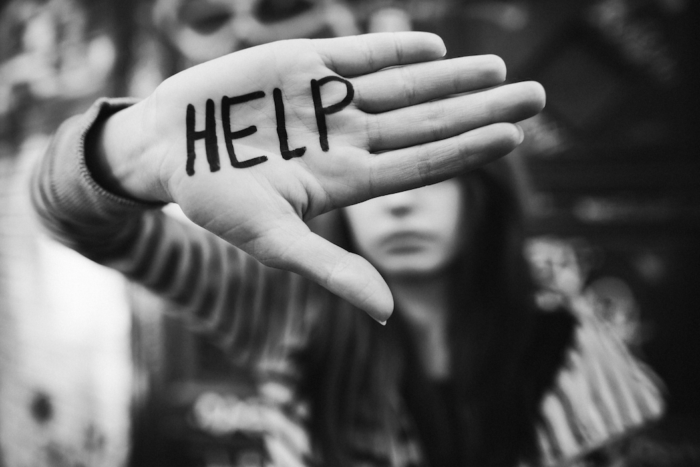
Adolescence is the peak age of onset for many mental health conditions, with half of all mental disorders usually starting by mid-teens. Despite the increased awareness of mental health issues through a number of initiatives, almost a quarter of Australian teenagers exhibit symptoms of mental illness.
How Adolescents Can Deal with Stress and Improve Mental Well-being.
If you’re an adolescent, or the parent of an adolescent who is struggling with mental health issues, here are some tips to work towards improved mental well-being:
Sleep
Getting sufficient amounts of good quality sleep is integral for mental health. Inadequate sleep has been linked to depression and substance abuse problems. Teens aged 14-17 require 8 to 10 hours of sleep a night, but it is common for this to not be attained due to school pressures, social life commitments and use of electronic devices.
To achieve better sleep habits, try developing an evening and bedtime routine, turning off all electronic devices at least half an hour before going to sleep, limiting caffeine after midday and trying to get some exercise and sunlight during the day.
Interpersonal relationships
Spending time with friends and family is a vital part of mental well-being. Regardless of how busy your study/work/social schedule is, make sure you make the time to be with people who elevate your mood.
Relationship breakdowns can trigger negative feelings and depressive symptoms, but these feelings should improve over time. It’s important to seek out the support of others during this time and avoid using drugs or alcohol to cope with the pain.
Diet
The food you eat has an impact on your mental as well as physical health. High sugar and fat diets have been linked with emotional and behavioural problems in young people and a may negatively affect mood, concentration and general mental health. Adolescence is also a peak time for developing eating disorders with most young people knowing someone who might have an eating disorder.
A healthy relationship with food is vital to reducing the risk of developing eating disorders, but also to prevent conditions such as obesity, which may result in low self-esteem and also physical implications.
Slowing down and relaxing
Slowing down your pace and mentally removing yourself from everyday worries can help you to deal with stress more easily and prevent you from becoming overwhelmed.
Deep breathing, mindfulness meditation, progressive muscle relaxation, creative visualisation and yoga, are all effective relaxation strategies which are simple to learn and readily accessible on the internet and through phone apps. A simple warm bath, time outdoors in nature, calming music or pursuing hobbies are all excellent distractors.
Substance avoidance
Alcohol and other drugs can briefly make you feel an improvement in your mood, but they can have detrimental impacts in the long run, particularly if there are pre-existing mental health issues.
Using drugs and alcohol as an attempt to self-medicate for depression, anxiety and other issues can increase risk of self-harm and also lead to more chronic substance use problems in the future.
Family and friends are a great source of support, but sometimes things can seem so overwhelming even for them. In those cases, seeking professional advice and support from a trained psychologist can assist young people and their families to work through their challenging situations.
If you or someone you know are going through difficulties and need support, why not give us a call today? Our team of highly skilled and well-experienced Psychologists are here to help.
References
Kessler, R. C., Amminger, G. P., Aguilar‐Gaxiola, S., Alonso, J., Lee, S. and Ustan, T. B (2007). Age of onset of mental disorders: A review of recent literature. Current Opinion in Psychiatry 20(4): 359–364.
Mission Australia’s 2016 Youth Survey Report
Mojtabai, R., Olfson, M., Han, B. (2016). National Trends in the Prevalence and Treatment of Depression in Adolescents and Young Adults. Paediatrics. Nov. http://pediatrics.aappublications.org/content/early/2016/11/10/peds.2016-1878

